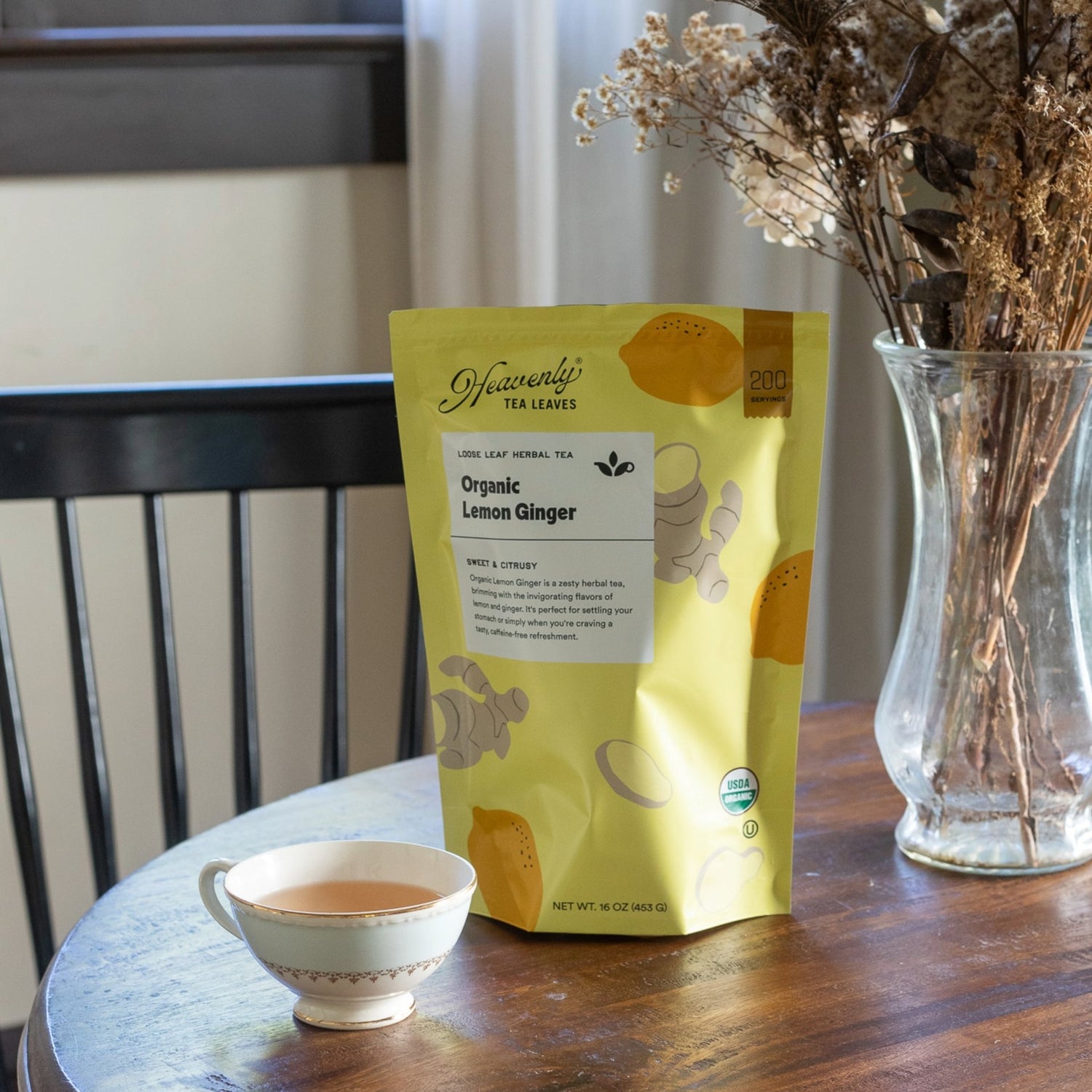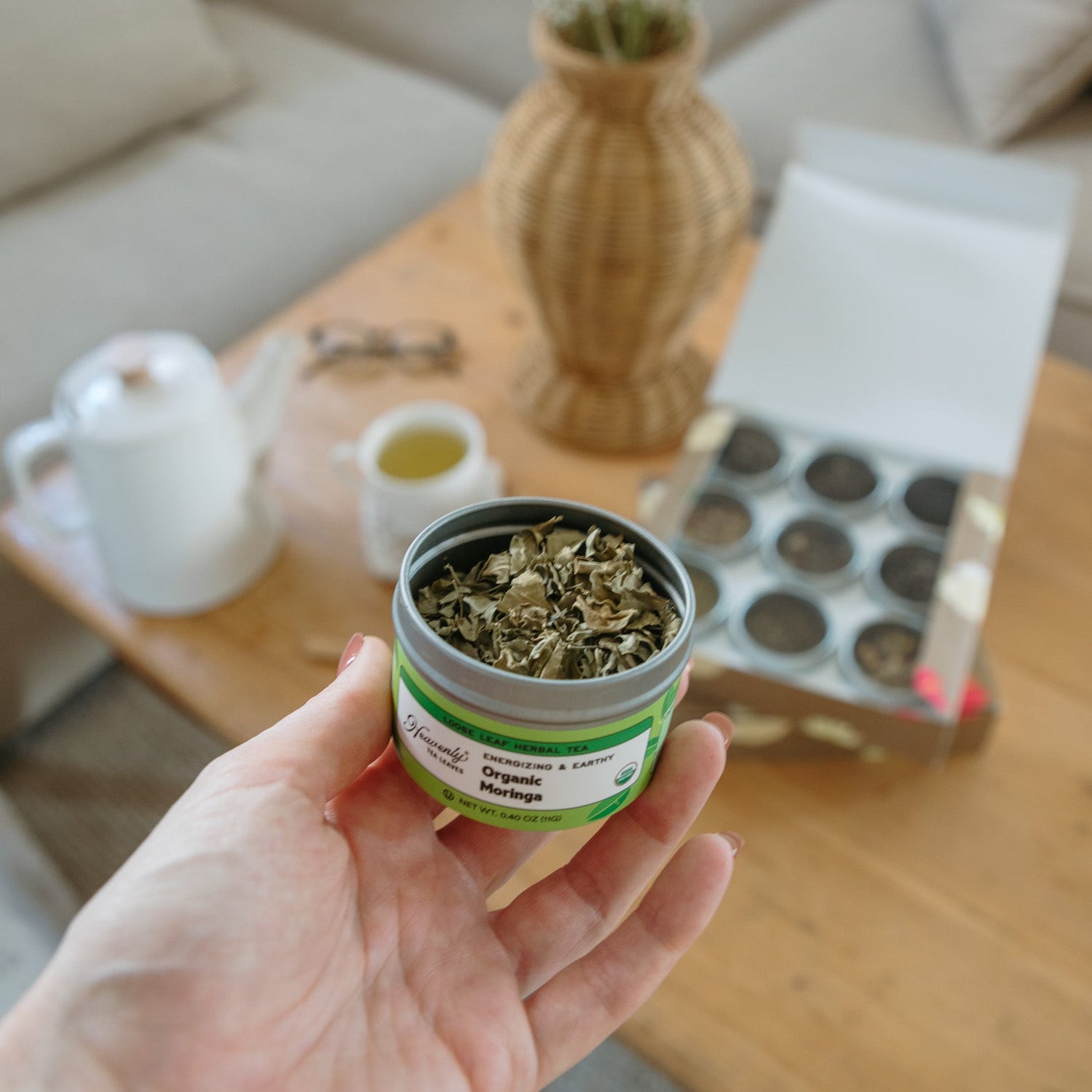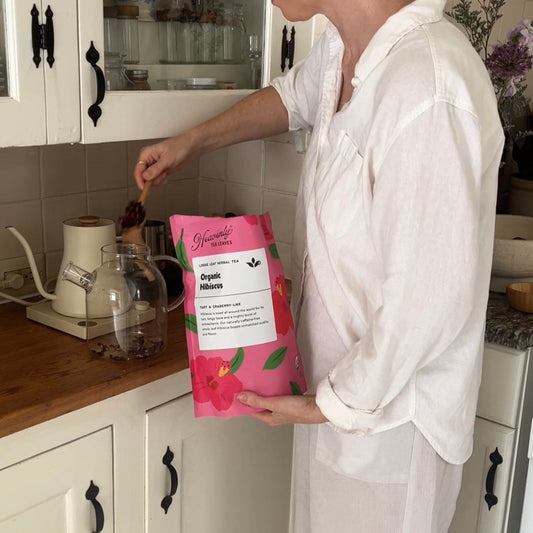Metabolism: one of the most common (and perhaps misunderstood) buzzwords in the health, wellness, and diet and weight loss arena. A quick metabolism is commonly associated with weight loss. Although our bodies and overall well-being are a bit more complicated, metabolic activity is generally described as how efficiently your body makes and uses its fuel.
More specifically, metabolism has to do with the conversion of what you put into your body into energy that it can readily use. The Mayo Clinic defines it as the following: “Metabolism is the process by which your body converts what you eat and drink into energy. During this complex biochemical process, calories in food and beverages are combined with oxygen to release the energy your body needs to function.” While we often hear about metabolism with regard to body weight, there are many other factors for which metabolism is responsible, like blood circulation, the respiratory system, hormone fluctuations, and even immunity.
While genetic and other inherent factors like age and sex play no small role in metabolic activity, what we put in our bodies, and how often, also plays integral role in the story of metabolism and wellness. When taking a holistic approach to lifestyle choices, metabolism is difficult to ignore.
One of the most pure and significant sources of metabolic improvement is green tea, as well as its more concentrated, powdered counterpart, matcha. Health experts believe that “green tea extract is especially high in catechins, naturally occurring antioxidants that may boost your metabolism and increase fat burning. This same effect also applies to matcha, a highly concentrated type of powdered green tea that contains the same beneficial ingredients as regular green tea.” A 2009 study suggests that habitual caffeine intake from green tea (read: not just occasional intake) has a positive effect on both weight loss and weight management.
So, of all the gourmet teas in the land, which one do we recommend for a metabolic boost? None other than Jasmine Green, of course. This clean and potent tea contains a natural balance of sweet and earthy flavors, the result of the interplay between traditional green tea with the essence of jasmine. The bonus? Teas like Jasmine Green have been said to help manage cholesterol and ease anxiety.
How else can tea help with weight loss? The verdict is clear: “The catechins and caffeine present in all three teas may help with weight loss by increasing your body's energy expenditure, according to a 2013 review study published in The American Journal of Clinical Nutrition. The caffeine content may also help stimulate fat oxidation, the review study went on to say. Additionally, the teas may alter gut bacteria and gene expression to help reduce fat absorption.”
Adding weight loss to the list of tea’s benefits, there are certain blends that are extra-helpful. Another tea that may aid metabolic activity is Pu-erh Tuo Cha. Pu-erh teas, which are post-fermented and typically come from the Yunnan region of China, have been shown to support lipid and glucose metabolism, as well as insulin tolerance. Plus, they contain probiotics (thanks to the fermentation process), antioxidants, potentially being even more significant of a source than vitamin C, according to research.
Not into florals? For other metabolism-supporting teas that taste as great as they are for you, try the all-organic Ginger Lemon Green or Marrakech Mint. Any type of oolong tea is also beneficial in more ways than one. Naturally caffeine free options include Chamomile Lavender, which has been used for centuries to “promote digestive health,” and the aptly named Slim Down tea, which features a combination of pu’er and oolong teas blended with a number of additional metabolism-friendly ingredients.
Metabolism is often skipped over when it comes to the components of wellness, but in fact, it is the backbone. Regular consumption of many types of tea can help keep your metabolism in line, manage body weight, and much more. We’re toasting to that (with tea!).
Disclaimer: The information contained herein is not presented as medical advice, nor should it be used as a substitute for consultation with a qualified healthcare practitioner. The information contained herein has not been evaluated by the Food and Drug Administration. The information set forth herein are not designed to diagnose, treat, cure or prevent any disease nor should any information contained herein be read as prescribing any specific remedy or guaranteeing any specific result.






